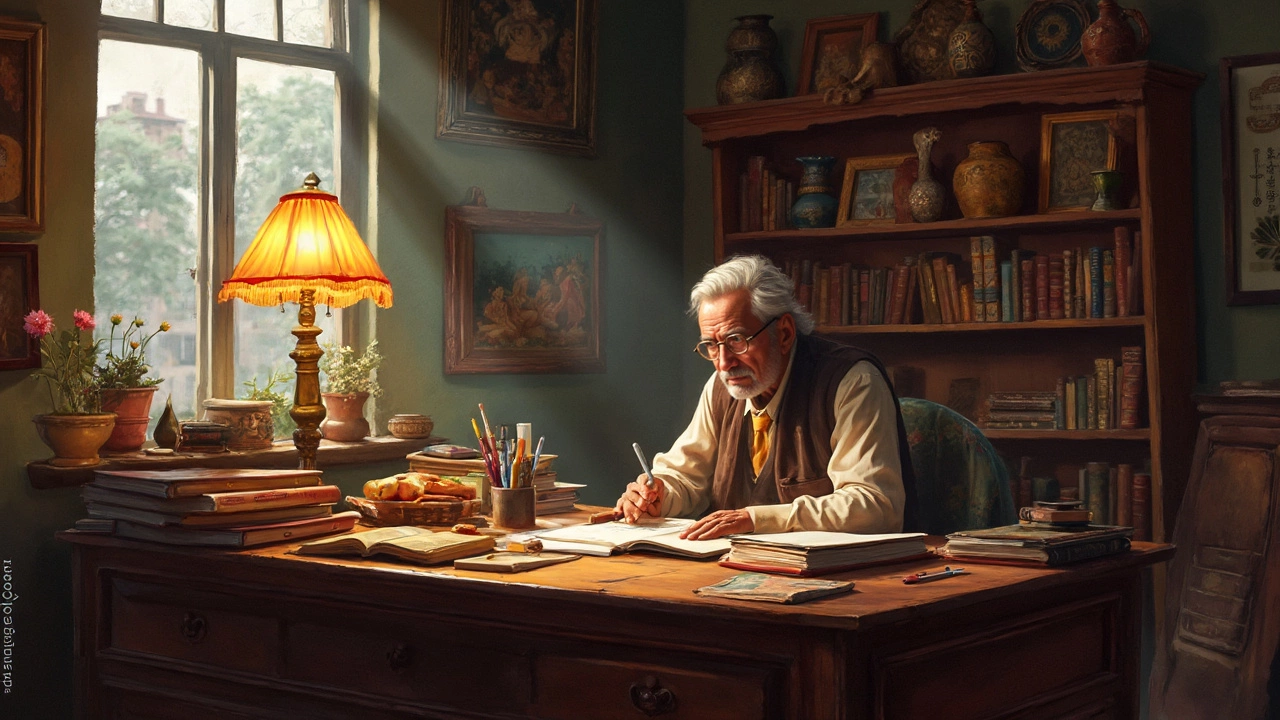Literary Fiction: What It Is and Why It Matters
When you pick up a book that doesn’t just entertain but makes you pause, rethink, or feel something you didn’t expect—you’re likely holding literary fiction, a genre focused on character depth, emotional truth, and stylistic craft rather than plot-driven action. Also known as realistic fiction, it’s the kind of writing that sticks with you because it doesn’t just tell a story—it holds up a mirror.
Literary fiction isn’t about fast-paced twists or epic battles. It’s about quiet moments: a mother staring at her child’s empty bed, a man re-reading an old letter he never sent, a stranger’s glance that changes everything. It thrives on internal conflict, not external stakes. You’ll find character-driven stories, narratives where personality, history, and moral choices shape the outcome more than any villain or mystery. These stories often explore themes in novels, universal ideas like grief, identity, power, or belonging, woven into the fabric of everyday life. Unlike genre fiction, which often follows predictable patterns, literary fiction resists easy answers. It asks questions without offering neat solutions.
That’s why readers come back to it—not because it’s easy, but because it’s honest. It doesn’t sugarcoat. It doesn’t rush. It lets silence speak. You’ll find this in stories where the protagonist doesn’t save the world but learns to live with their own brokenness. Where the ending isn’t a victory but a quiet acceptance. The best literary fiction doesn’t tell you how to feel—it lets you feel it on your own terms. That’s why it connects across cultures, languages, and generations. It’s not about what happens next. It’s about what happens inside.
What you’ll find in this collection are posts that dig into the heart of what makes literary fiction powerful. From how it shapes empathy, to how it overlaps with historical fiction, to why readers who love deep characters keep returning to it year after year. These aren’t just book lists—they’re conversations about what stories do to us, and why we need them.
How Do I Know If My Book Is Literary Fiction? Smart Clues and Real Signs
Ever wondered if your story fits the literary fiction label? This article breaks down the real markers that set literary fiction apart from the rest. We'll look at writing style, themes, and what agents or editors really check for. If you've ever been stuck between calling your work 'literary' or 'something else,' this guide gives you straight answers. Spot-on examples and hands-on advice included.
What Really Makes a Story Literary Fiction?
Literary fiction is more than just stories on a page. It's an artful weaving of complex characters, profound themes, and beautifully crafted prose. In this article, we'll explore what sets literary fiction apart and what elements make a story resonate with readers searching for something deeper. From its nuanced characters to its exploration of the human condition, we'll break down what truly makes a narrative stand out in this genre.
Understanding the Heart of Literary Fiction Plots
Literary fiction has a unique way of drawing deeply into the human experience, focusing less on events and more on characters' inner worlds and their development. It challenges readers to connect with complex emotional and moral dilemmas, often weaving intricate plots around character-driven narratives. Unlike mass-market fiction, the emphasis is on language and psychological depth, leaving readers to ponder long after the final page. Delving into the essence of literary fiction plots reveals the commitment to exploring life's nuances and subtleties.
Am I Writing Literary Fiction?
Have you ever found yourself wondering if your writing qualifies as literary fiction? This article explores the characteristics that define literary fiction, offering practical advice on how to evaluate your own work. Discover the nuances that distinguish literary fiction from other genres, and find tips to elevate your storytelling. Whether you're an aspiring author or a seasoned writer, understanding this genre can help you refine your craft.



